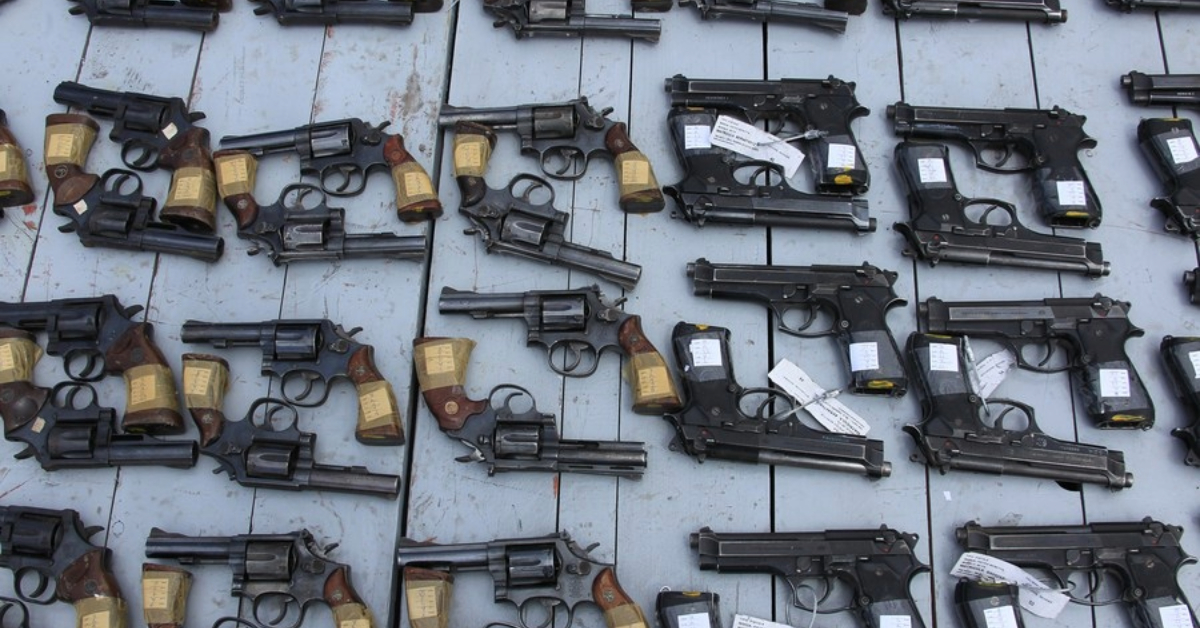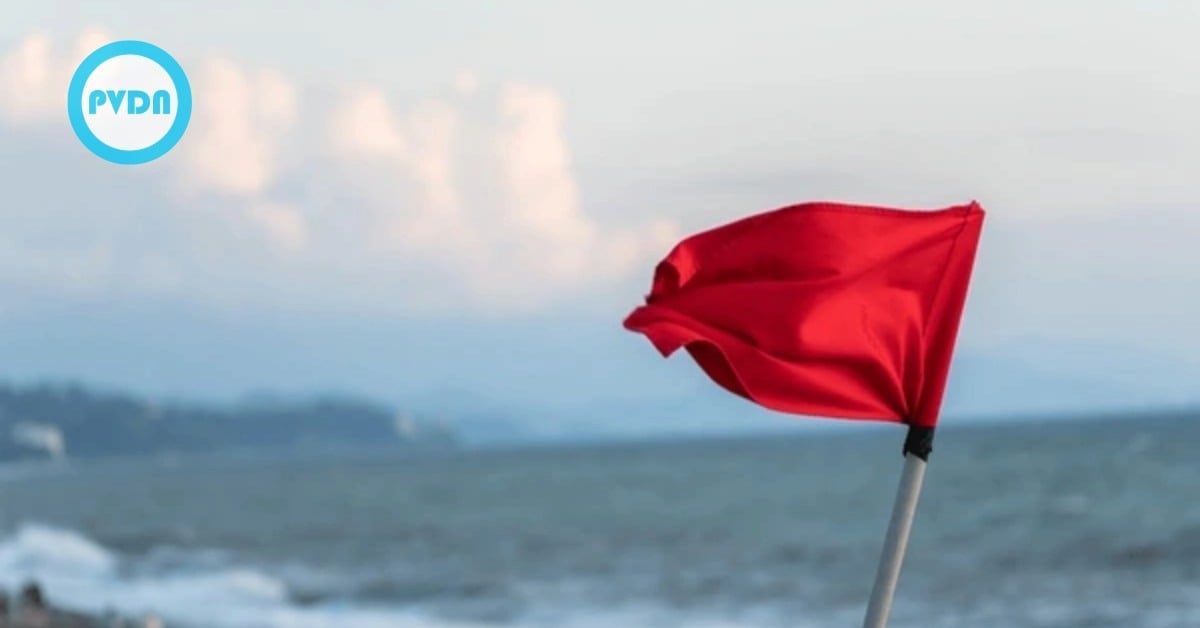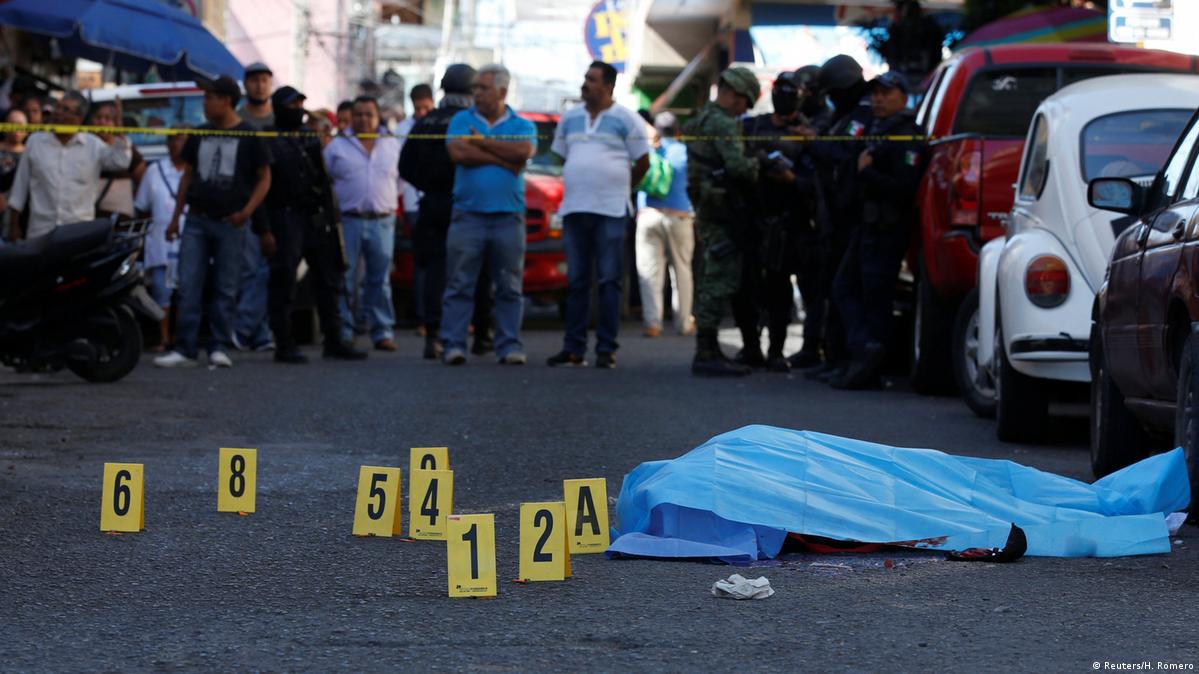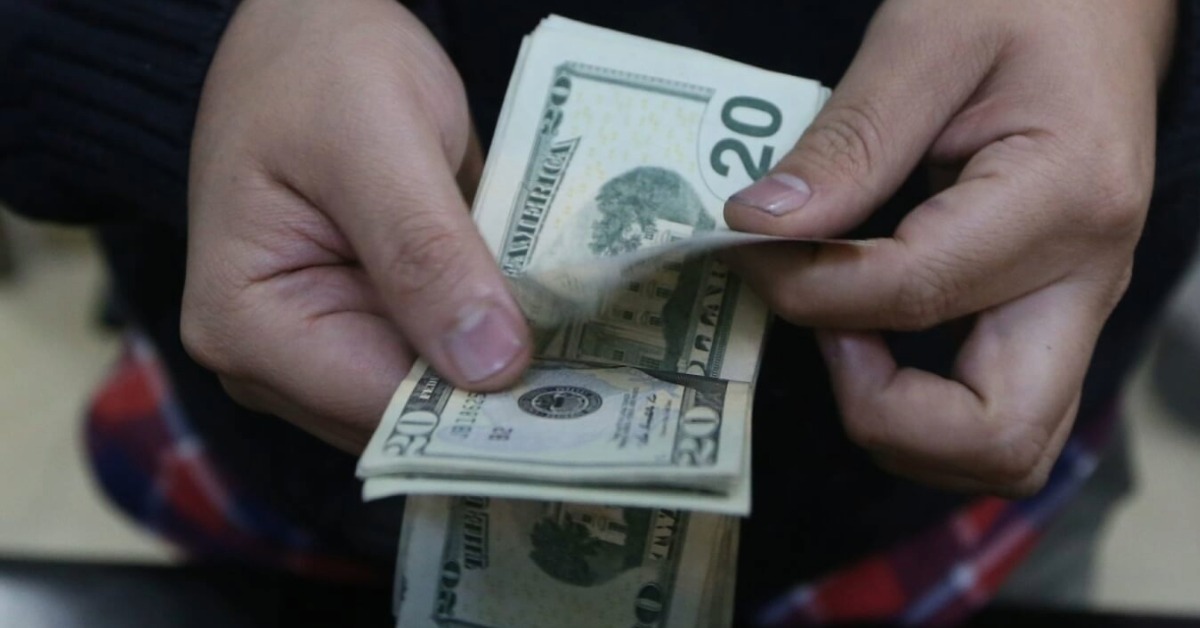The Supreme Court blocks Mexican arms lawsuit, shielding Smith & Wesson and Interstate Arms under PLCAA despite allegations of cartel trafficking.
On June 5, 2025, the U.S. Supreme Court unanimously ruled that the Mexican government cannot pursue its 2021 lawsuit against American firearms companies Smith & Wesson and Interstate Arms. In a 9–0 decision, the justices overturned a First Circuit ruling that had allowed Mexico’s claims to move forward.
Mexico filed its complaint in Boston federal . . .






